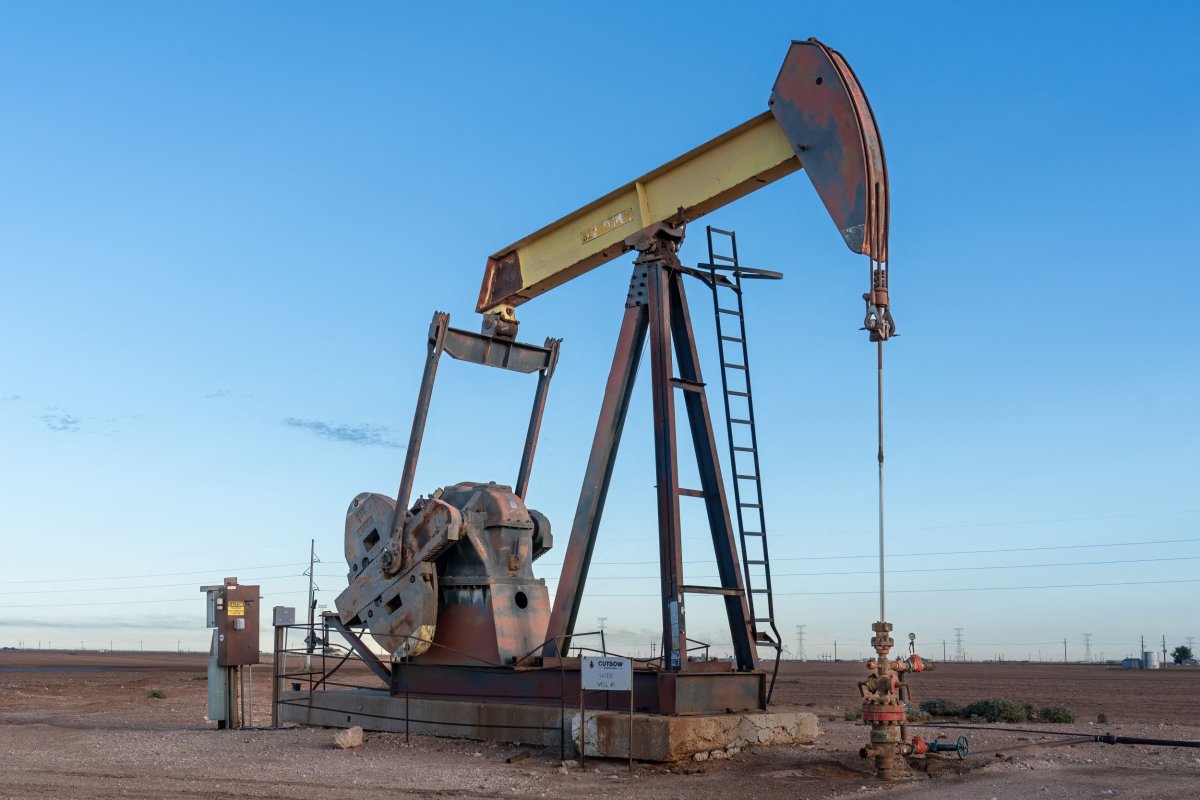When Russian President Vladimir Putin first invaded Ukraine in February 2022, America's oil and gas industry was ready to wrap itself in the flag. Industry executives rushed to make the case that the United States needed to increase production—and quickly.
Their argument was simple. If Europe was to stop importing Russian gas, the U.S. needed to take the place of Europe's supplier. It wasn't a financial argument, at least not publicly. It was about the moral imperative to stand by our allies.
For the remainder of that year, the United States did increase output to Europe, sending 64 percent of our exported gas to ports in France, the Netherlands, the U.K., and other nations. That's only part of the story.
In this same time, gas export terminals here in the U.S. continued to send shipments to China and other buyers outside Europe. According to the Energy Information Administration, a U.S. government agency, exports to Asia declined by 46 percent in 2022. China's share shrank by an even greater margin: 78 percent.
Those percentages mean little without appropriate context. The percentage of American gas headed to China shrunk so drastically only because up until 2021, China was one of the largest single consumers of American gas. That year, China was taking in nearly as much gas as France purchased in 2022 during the ongoing Russian offensive.
The security and geopolitical risks of this wholesale of American gas are difficult to overstate. China, under President Xi Jinping, is increasing the Communist Party's control over the economy and hoarding imported fuels as part of its long-term strategic plan to outpace the United States and the West as fossil fuels become scarcer. The Chinese Communist Party may purchase fuels through different "corporations," but they're all entirely or in part under state control.
When it comes to China—or any adversary—gas is a zero-sum game. The more we send this non-renewable energy, the less remains here at home.
Sharing this fuel, even with our allies, also leaves the United States at a disadvantage. When European nations consume American gas, as opposed to coal or other fossil fuels, they can claim they're using a "cleaner" form of energy. That's only because the dirty work of producing that "clean" fuel is undertaken here in the U.S., and the people who suffer from those processes live largely on the Gulf Coast.

"Natural gas" is an industry term. In reality, this gas is a fossil fuel. It's methane, which is a greenhouse gas 80 times more potent than carbon dioxide. The production of LNG or "liquified natural gas" requires pumping the fuel in its gaseous state hundreds of miles. Pipelines leak, putting methane into the atmosphere. Then the gas is superchilled to -260 degrees Fahrenheit. Again, this process consumes vastly more energy than if the gas were left in its natural state and spews more methane into the atmosphere. The liquefaction also causes flaring, which again puts methane in the atmosphere and subjects people living in the surrounding area to increased pollution.
When the U.S. exports gas, Americans and the climate lose. The liquefaction process serves only one purpose: to export gas overseas. U.S. manufacturers, power plants, and homes that still use gas as a fuel source use it in its gaseous form. Liquefaction leaves Americans with a diminished domestic fuel source—and with more pollution.
It's time for the Federal Energy Regulatory Commission and the administration to stop acting like the oil and gas industry's business partners and reprise their role as regulators. With large profits to be made in lucrative foreign markets, there's no chance that the industry will ever put the public interest, America's national interest, or the climate ahead of their bottom line. The administration and our federal government writ large must stop promoting this fossil fuel around the globe. Its sale brings cash into a handful of multinational corporations, but only at the cost of our climate, frontline communities, and America's vital national interests.
Retired Lieutenant General Russel L. Honoré led Joint Task Force Katrina in New Orleans following the devastating Category 5 hurricane. He is currently head of The Green Army, an organization dedicated to finding solutions to pollution.
The views expressed in this article are the writer's own.
Uncommon Knowledge
Newsweek is committed to challenging conventional wisdom and finding connections in the search for common ground.
Newsweek is committed to challenging conventional wisdom and finding connections in the search for common ground.
About the writer
To read how Newsweek uses AI as a newsroom tool, Click here.






